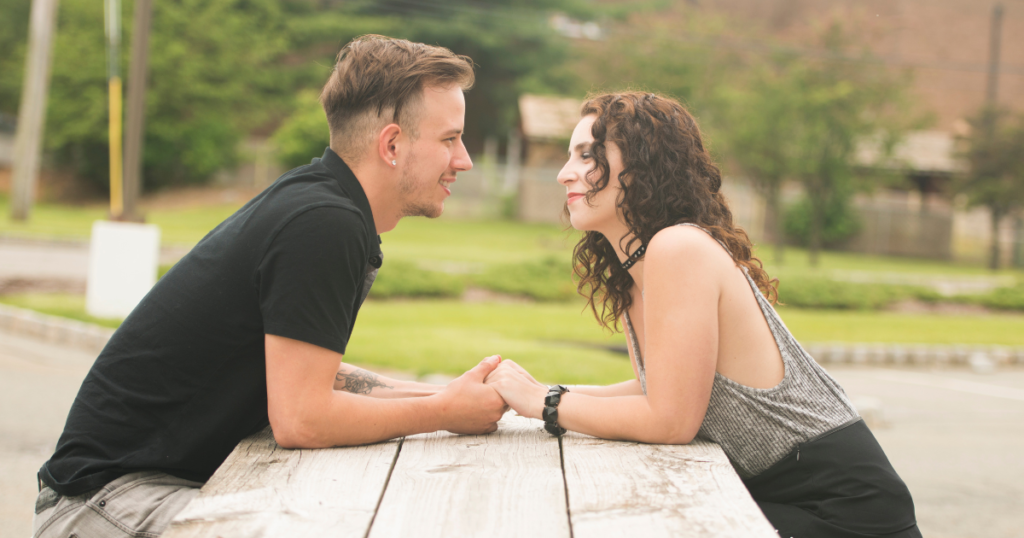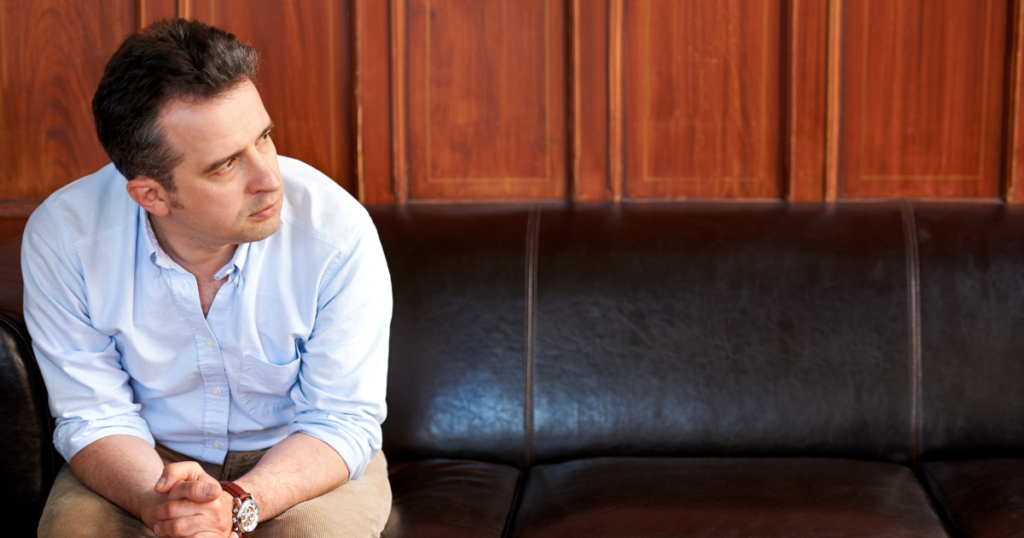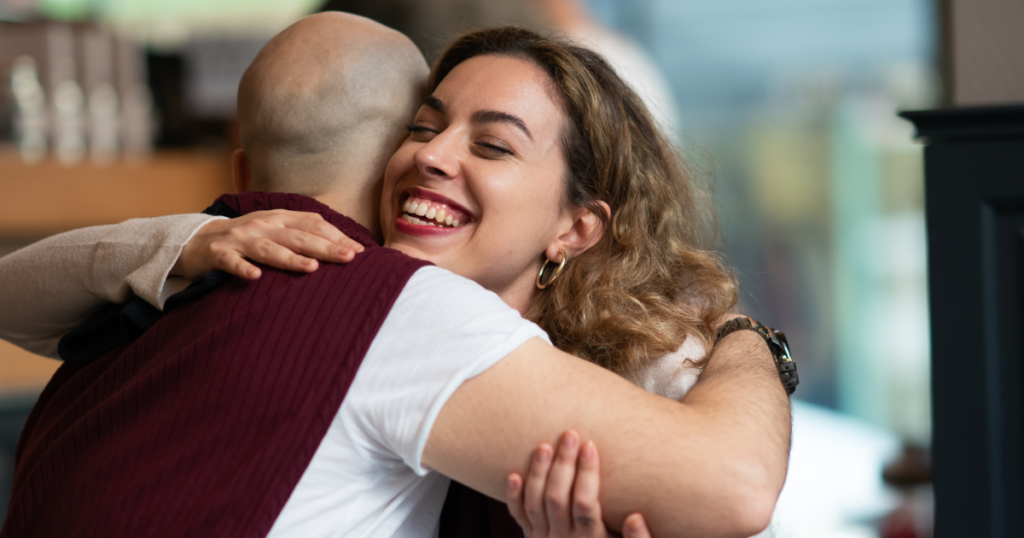Early recovery from a drug or alcohol addiction is a vital time for people to rebuild their identity, practice healthy coping skills and avoid a relapse. It’s a time when a person should be focusing on themselves and analyzing their behaviors, habits and stress factors. So cultivating a romantic relationship while you’re in recovery can be challenging and even detrimental. Many addiction treatment experts and recovery programs advise people in early recovery not to make major life choices, like changing jobs, moving to a new city or dating other people.
“We’re not well when we’re new in recovery,” wrote Megan Krause, who’s been in recovery for more than 25 years. “We tend to choose unhealthy partners. Sick people hurt others, take emotional hostages, and either try to control everything or expect to get rescued.”
@landmarkrecovery Being rejected because you’re sober is way too common. Let this video give you some hope❤️ #soberdating #datingsober #datinglife2022 #datinginsobriety #datingtips101 #sobertiktok ♬ Golden – Harry Styles
Related: What Are The Social Causes of Addiction?
Let’s be clear, there’s no right or wrong answer to whether you should or shouldn’t date during the early stages of recovery. However, dating is risky for people who don’t make long-term sobriety their main priority. Relationships, much like recovery, have their ups and downs that can cause people to experience various emotions.
Therefore, it’s essential to be secure in your recovery — to have firm, healthy boundaries and not to withhold your honest emotions in order to meet the needs of someone else. Focus and patience in recovery give you an opportunity to discover who you are and what you can bring to your relationships, rather than what you can get from them.
Why people date in early recovery
Many people who’ve recently completed addiction treatment and started recovery find the companionship of dating extremely appealing. Some people experience a sense of loneliness during the early stages of recovery. They may not socialize in ways that previously fueled their drug addictions. Some people might desire to replace their drug addictions with the high that comes from dating. These feelings of loneliness or cravings for extreme happiness may cause a distraction that leads them away from recovery and into dating before they’re ready.
“It’s just being lonely and wanting the feeling of companionship and someone that’s going to be there,” said Monica T., a sponsor with over three years of sobriety. “I just want to be in this because I’m lonely, and I want someone to tell me that I’m pretty and take me out to dinner.”
Related: How to Enjoy Entertainment Venues Without Alcohol
One man who chose to remain anonymous (we’ll call him Bob T.) said his divorce was a factor that led to his addiction. He also dated a woman in treatment and said the relationship helped him cope with the process of rehab and his emotions.
“That probably wasn’t the best decision because we’re vulnerable,” he said. “It made me feel better, having someone there. It wasn’t necessarily healthy for my sobriety, but it made me feel better as a person.”
Recovery experts say you have to be sure you’re not replacing drugs with a relationship in order to overcome the raw emotions that bubble up after you’ve gained control over addiction.
“Right now, I can get comfort by making friends like sober sisters in the 12-Step program,” Monica T. said. “I’m learning how to build friendships before how to have a romantic relationship.”
Why you shouldn’t date during early recovery from an addiction
If you’re in recovery, you’ve probably heard that it’s not the best idea to date within the first year of sobriety. Those first 12 months of sobriety are crucial, as people recovering from addiction go through a lot of physical, emotional and even spiritual changes. As it relates to big changes, a Yale Journal of Biology and Medicine report published online about relapse prevention and the “five rules of recovery” puts it this way, “It is generally felt that big changes should be avoided in the first year until individuals have enough perspective to see their role, if any, in these issues and to not focus entirely on others.”
The key phrase from Yale’s report is “to not focus entirely on others.” Whether it’s a recovery peer or a “normie” – a common nickname for non-recovering people – getting to know someone else takes just as much focus and effort as overcoming relapse triggers and temptations to use.
“You’re going through a lot of big changes in your first year of sobriety,” said Monica T. “What makes you think you can be in a successful relationship in your first year of sobriety? Especially in a 12-Step program, when you’re going through big steps like self-seeking growth steps. Then, you’re trying to manage a new relationship at the same time?”
Related: The 5 Most Inspiring Addiction Recovery Movies
Recovering from addiction is a day-by-day process, much like dating and relationships. Therefore, it’s common for relapses to occur after treatment. In fact, a staggering 85% of people relapse within the first year of completing treatment, according to the National Institute on Drug Abuse. In addition, 40-to-60% of people will return to drugs at some point.
When you combine the two, dating in recovery can get messy if you’re someone who hasn’t spent enough time healing and developing “emotional sobriety.” Romantic relationships require work and focus that someone recovering from addiction might not have as they discover how to live without drugs or alcohol. That can lead to situations where they place a relationship over their own recovery and risk relapsing.
“It’s easy to get caught up in somebody where that person can either become their higher power or their idea for getting sober,” Monica T said. “If something happens within that first year, if you guys break up or whatever, it’s easier for you to go back out and drink or use drugs.”
Dating isn’t completely dismissed in recovery. There are some within the recovery community with different perspectives on the one-year recommendation.
“You can meet somebody after two months that can love you and help you if they understand the disease and the program,” Bob T. said. “You have to find somebody that isn’t going to judge you.”

Codependency while dating in recovery
Step Four of Alcoholics Anonymous’s Twelve-Step Program literature talks about two pitfalls of relationships if a person in recovery fails to recognize “our total inability to form a true partnership with another human being.” Page 53 reads, “Either we insist upon dominating the people we know, or we depend upon them far too much.” Both situations are patterns and characteristics of co-dependency, which is the result of forming relationships that are often one-sided and can affect a person’s ability to have healthy, mutually satisfying relationships.
Related: 20 Activities to Keep You in Recovery From an Addiction
Step Four continues, “If we lean too heavily on people, they will sooner or later fail us, for they are human, too, and cannot possibly meet our incessant demands.” While AA’s “Big Book” isn’t a one-size-fits-all approach to dating in recovery, it does emphasize why many people in the recovery community say it’s more important to focus on your recovery and establish boundaries.
“I definitely think you need to figure out ‘is this what I’m really looking for in a partner,’” Monica T said. “If these people have things I think you don’t want, why are you willing to be with them?”

So…when is the best time to start dating again?
There’s no exact timetable on when to start dating in recovery. However, once you decide to date again, it’s important to establish boundaries in order to put your long-term sobriety before others.
“When I start feeling like in my relationship where if I’m trying to do their inventory, or start trying to put myself on a higher pedestal, I call my sponsor or I go to a meeting,” Monica T said. “Especially if it’s something like a conversation that’s needed to be had or we’re trying to figure something out.”
Related: How to Have Fun While Sober
Addiction and substance use disorder are lifelong conditions that require continued work. Even if you’re dating, the recovery community recommends making recovery programs like 12-Step meetings or counseling sessions at outpatient rehab your top priority.
“You have to work the program,” Bob T said. “Working the program is talking to another alcoholic or an addict every day. That’s the work.”
Need help with relationships during recovery?
If you or a loved one needs help with a relationship in recovery, you might benefit from talking to a licensed therapist, addiction counselor or recovery coach. Call 888-448-0302 for more information about treatment programs at Landmark Recovery. A member of our admissions team is available 24/7 to answer your questions.
Visit our locations page to find a treatment center in your area.

Choose Recovery Over Addiction
We're here 24/7 to help you get the care you need to live life on your terms, without drugs or alcohol. Talk to our recovery specialists today and learn about our integrated treatment programs.






